Best phone carriers of 2025
We pick the best phone carriers based on data speeds, phone selection, monthly costs and more
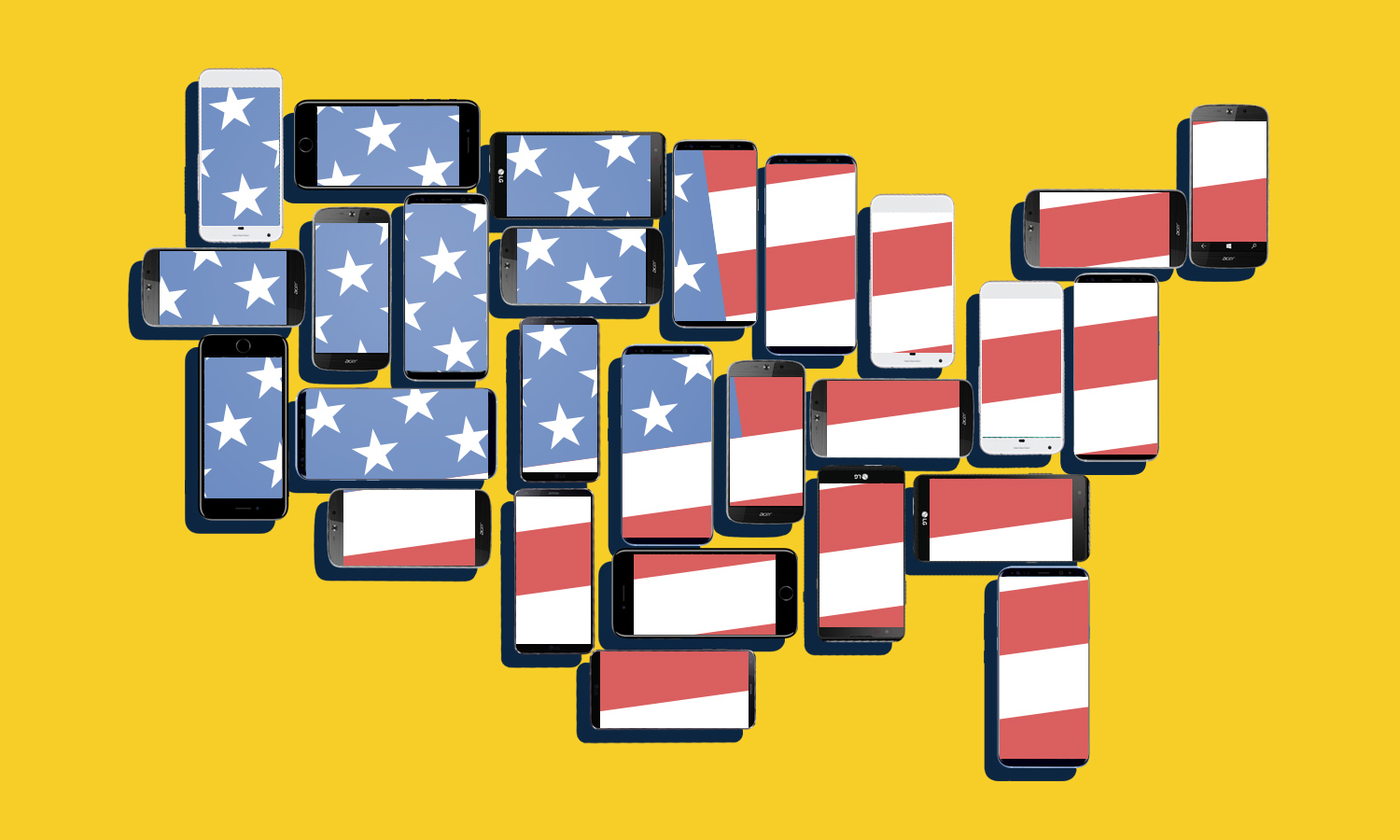
The best phone carrier delivers reliable service at an affordable cost while responding quickly whenever you've got a question about your service or your device. And if they can include some perks that deliver a little extra to your plan, even better.
That's the criteria I use when singling out the best phone carriers to Tom's Guide readers. As I've been looking into the cost of the best cell phone plans for a decade now, I'm extremely familiar with what different carriers charge for different plans and how much data you get in exchange for your monthly rate. More importantly, I'm constantly checking those prices to see what's changed. And I take note if the plans with any added perks like complementary streaming services, overseas coverage and more.
Coverage in specific areas is harder to pin down, but I do look at how a carrier ranks overall, using third-party testing firms that rank the performance of different networks. Though 5G coverage is pretty well-established at this point, I do look at how carriers are working to improve both 5G speeds and reach.
Based on all of that, I consider Verizon to be the best phone carrier for its flexible plans and extensive reach. (In fact, I use Verizon in my daily life, so I'm pretty confident in that pick.) Of course, if you live somewhere where other wireless networks are stronger, T-Mobile's range of unlimited plans makes it the best alternative among the major players. But don't be afraid to consider smaller carriers like MVNOs that rely on the towers of bigger providers for their service. Trying a smaller carrier like Visible or Mint is a great way to wind up with a lower monthly bill — and some very dependable wireless service to boot.
Best phone carriers: The quick list
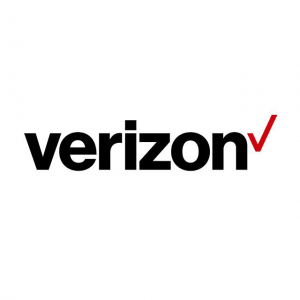
Best phone carrier overall
Verizon scores with its flexible plans featuring add-on perks you can include and drop at will. The carrier's coverage is extensive, with its 5G network growing in size and speed.
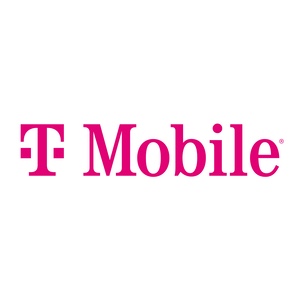
Best alternative to Verizon
T-Mobile has the best 5G coverage of any carrier in addition to fast overall speeds. Multiple unlimited data plans offer attractive prices and perks, giving you greater choice.
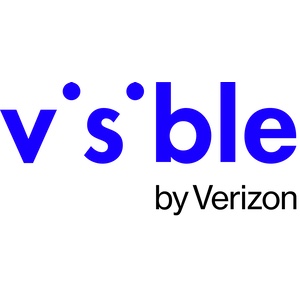
Cheap unlimited data
Visible's three plans deliver unlimited data at low monthly rates. Taxes and fees are included in the rate, as you enjoy the benefits and reach of Verizon's network through Visible.
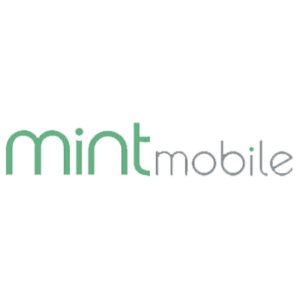
Best for bargain hunters
Mint rewards you if you're willing to pay for a year of its service ahead of time with low monthly rates across four plans. Coverage comes via T-Mobile's stellar network.
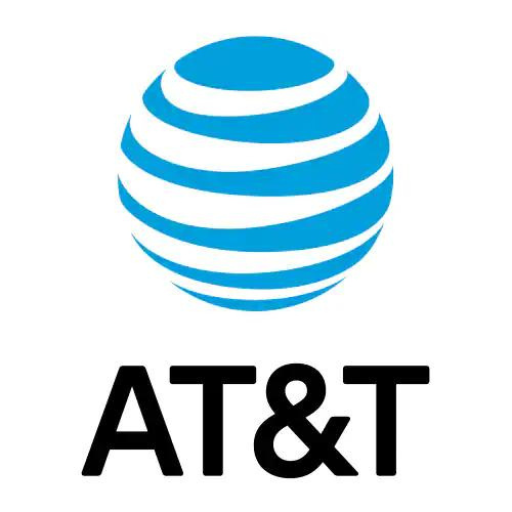
Good prepaid, unlimited options
AT&T can be an appealing carrier, with two standout unlimited data plans available at low monthly rates, especially if you pay for a full year of service in advance. 5G coverage is expanding, and overall speeds impress.
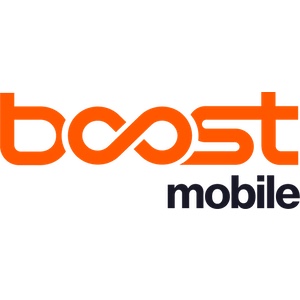
Unlimited data at a locked-in rate
Boost Mobile is looking to establish itself as the equal to bigger-name phone carriers with aggressively priced unlimited data plans. Its own network delivered reliable service in our testing.

My name is Philip Michaels, and I'm the managing editor for mobile devices at Tom's Guide. In addition to overseeing our smartphone coverage, I'm also in charge of keeping track of phone carriers in the U.S. I've been writing about cell phone plans for a decade now, and I've overseen a couple rounds of cellular network testing for Tom's Guide. When the first U.S. 5G network went live in Chicago in 2019, I was there to test how well it worked. (It's gotten much better since then.) If there's a phone carrier, I probably have an opinion about it, no matter how obscure that carrier may seem.
Best phone carrier overall
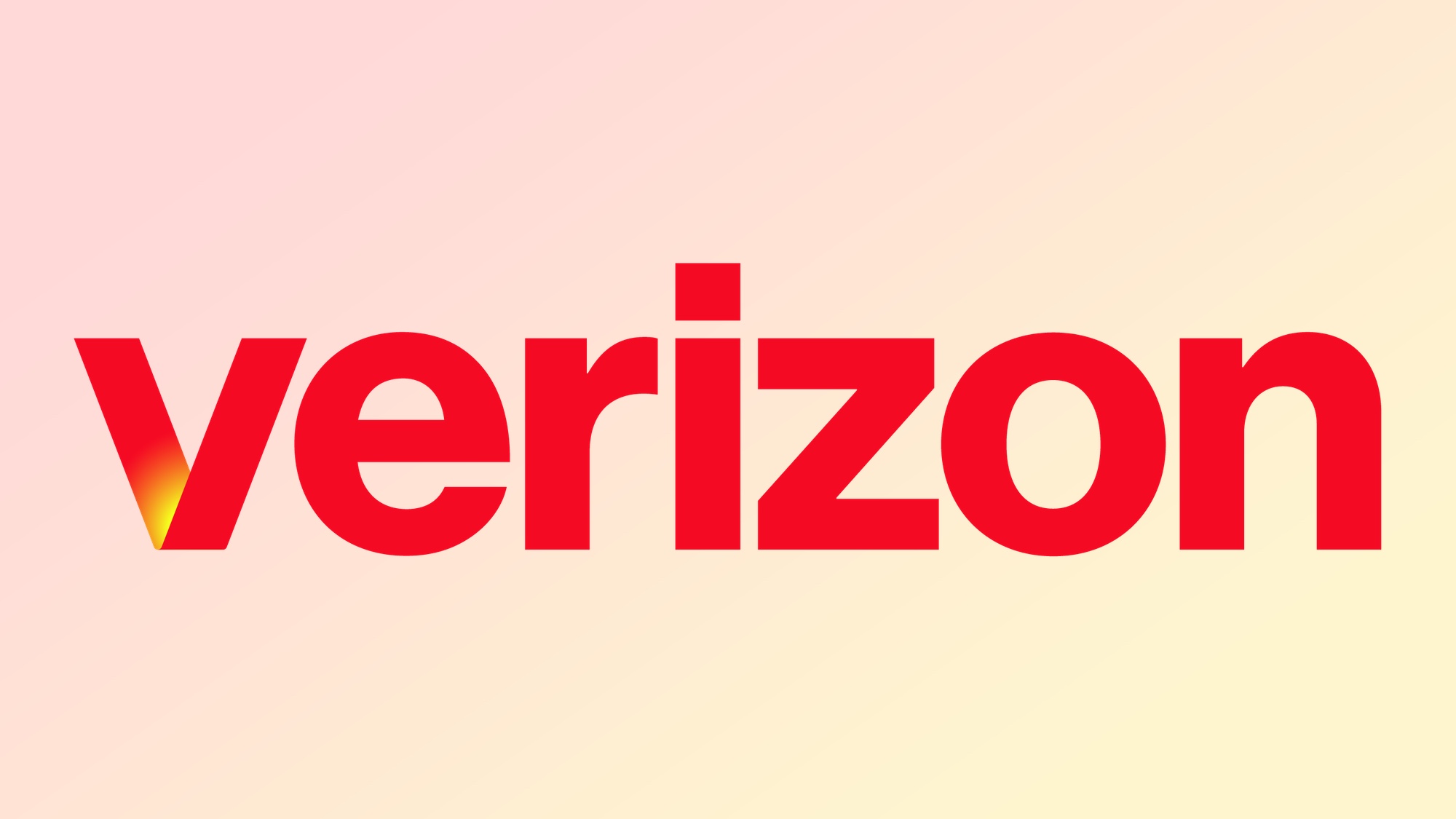

1. Verizon
Specifications
Reasons to buy
Reasons to avoid
Verizon leads our best phone carrier rankings thanks to some flexible unlimited plans and a 5G network that's rising rapidly in the rankings. Focusing on the latter, Verizon offers faster Ultra Wideband 5G coverage to around 250 million people. When we've tested LTE speeds, Verizon has come out on top, though the most recent Rootmetrics report covering the latter half of 2024 gave AT&T the edge in most testing categories. That said, Rootmetrics ranks Verizon as No. 1 for 5G speeds and reliability, saying the carrier has the best 5G experience overall.
Verizon's plans remain pricey relative to other carriers such as T-Mobile, but the offering of unlimited options has gotten much simpler. A $65/month Unlimited Welcome plan offers nationwide 5G coverage and little else. For $80/month, you get faster Ultra Wideband 5G coverage plus 30GB of hotspot data with the Unlimited Plus plan. There's also the Unlimited Ultimate plan ($90/month) which doubles hotspot data to 60GB and adds high-speed data when you travel to other countries.
Once you have a plan in place, you can pick add-ons — get Disney's streaming bundle or three days of TravelPass benefits for overseas trips, all for $10/month per bundle. (Verizon's Disney bundle — which I pay for with my Verizon plan — is $7 cheaper than what I'd have to pay for that package outside of my Verizon service.)
Those extras can add up quickly, but you're able to add and drop them as needed on a monthly basis. For example, other than the Disney bundle, I don't have any add-ons linked to my personal Verizon plan, though the next time I head to Europe, I would activate the TravelPass add-on ahead of time to reap the travel benefits from that addition.
Verizon's prepaid offerings are tops among the major carriers, with an autopay discount dropping the cost of the carrier's 15GB prepaid plan to $35 a month — enough data for most people. Prepaid plans with unlimited data start at $50. You can now add multiple prepaid lines and even get discounts on unlimited data plans.
Verizon also makes it easier to experience 5G by accepting any phone you trade-in — even broken ones — to reduce the cost of upgrading to a 5G phone. The carrier has moved to 36-month agreements, increasing how long you need to tie yourself to Verizon if you buy your phone in installments or get some of the best Verizon phone deals.
Verizon has fared well when we've tested customer service for phone carriers, and it continues to offer an extensive selection of phones, including Ultra Wideband versions of some phones designed specifically for Verizon's network. If you don't mind paying a little more on your monthly bill, Verizon provides the performance and service to rank as the best phone carrier overall.
Best alternative choice
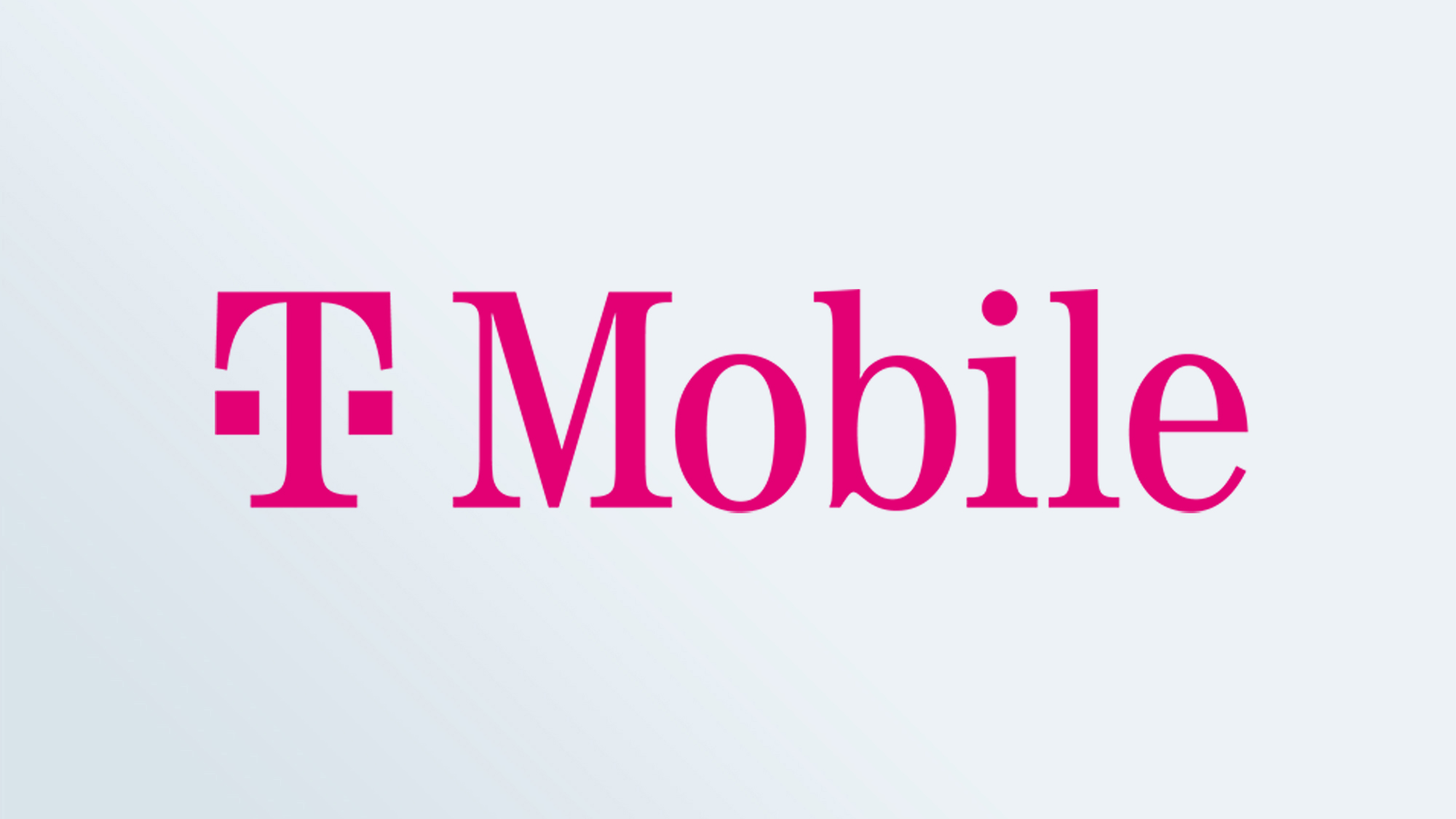
2. T-Mobile
Specifications
Reasons to buy
Reasons to avoid
Verizon may be our top-ranked wireless provider, but T-Mobile is close behind, thanks to some terrific plans and extensive 5G coverage. T-Mobile plans cost a little bit less than Verizon's, which makes the Uncarrier an attractive alternative as the best phone carrier, particularly if you live in an area where T-Mobile has a strong network.
Let's talk about those data plans for a moment. T-Mobile has the best unlimited data plan in the business, in the form of the $75/month Go5G offering. A frequent promotion aimed at new customers waives the cost of a third Go5G line, giving T-Mobile the best family cell phone plan, too. As for anyone 55 years or older, T-Mobile has the best cell phone plans for seniors, with coverage starting at $60/month for two lines of unlimited data. T-Mobile's senior plans are open to anyone living in the U.S. who's 55 years or older, a contrast to Verizon and AT&T which restrict their senior-friendly offerings to Florida residents aged 55 years and up.
If you need more perks, consider Go5G Plus, which offers better travel and streaming service benefits than Go5G. With the Go5G Plus plan you get an Apple TV Plus subscription. T-Mobile's Go5G Next Plan is its most expensive option at $100/month for one line, but you're able to upgrade to a new phone every year. Go5G Next also includes free subscriptions to multiple streaming services, including Apple TV Plus, Netflix and Hulu.
If you don't need unlimited data, T-Mobile's Connect plans offer 5GB, 8GB and 12GB data allotments with low prices to match. The 5GB plan is particularly attractive since it costs just $15/month — exactly what Mint charges for its 5GB plan without requiring you to pay for a full year of service to get that rate. The downside to T-Mobile's approach is that once you use up all that data for the month, you're out of data for the rest of the billing cycle unless you buy more. In contrast, many other prepaid carriers just slow down your data speeds when you hit your limit.
As for network performance, testing by Ookla through the end of 2024 had T-Mobile posting the best 5G speeds of any U.S. phone carrier; it also has the fastest network overall, though Verizon took home Ookla's prize for best coverage overall. Opensignal's January 2025 report gives T-Mobile a clean sweep of its overall experience awards, including download speed; the report also picks T-Mobile's 5G coverage and availability as the best overall.
T-Mobile's 5G service reaches more than 330 million people across the country. Of that total, 300 million can access its faster Ultra Capacity 5G service. T-Mobile teamed up with SpaceX to launch a satellite as the start of an initiative to extends cellular coverage to remote areas where it's harder to get a signal.
The perks T-Mobile customers receive continue to set this service apart from rivals. Weekly T-Mobile Tuesday giveaways include prizes and benefits, and a new Magenta Status program for subscribers delivers other perks. Several years ago, T-Mobile launched a Team of Experts program to improve customer service to subscribers.
Best phone carrier for low-cost unlimited data
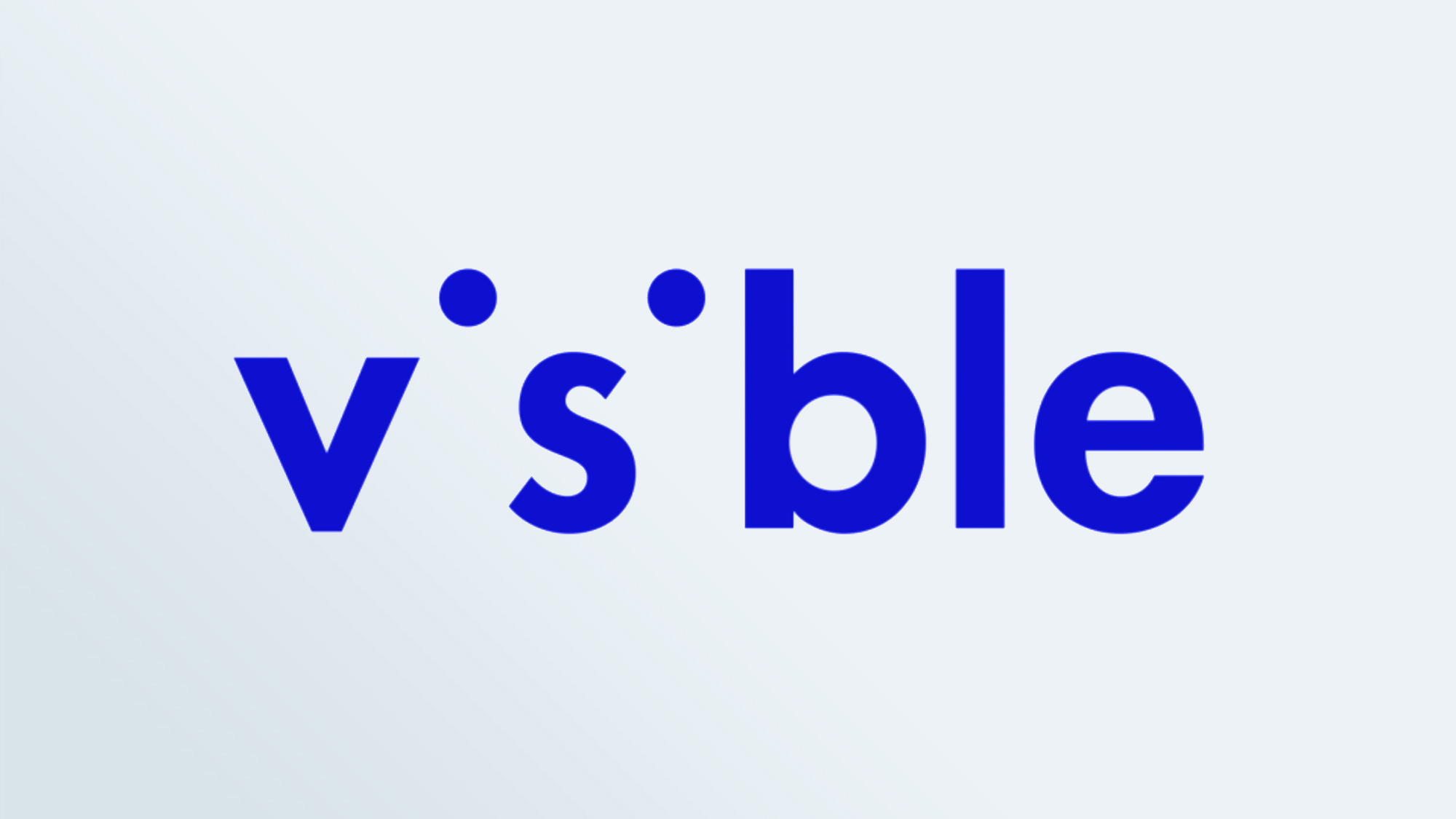
3. Visible
Specifications
Reasons to buy
Reasons to avoid
Unlimited data is cheaper than ever at Visible, a Verizon-owned discount carrier. The entry-level Visible plan starts at $25 per month, with taxes and fees included. It's a bare-bones offering, but you have two other options that also deliver better perks to go with all that data.
I think the Visible Plus plan is the best choice for most people at Visible, and it's now $10 cheaper at $35/month. Visible Plus subscribers get 50GB of premium data before they see any slowdowns. 5G coverage is on Verizon's faster Ultra Wideband service.
To lower the rate on Visible Plus, some of its perks stick with the newly unveiled Visible Plus Pro offering, which costs $45/month. That plan includes the faster 5G speeds, plus international calling and texting. You also get two Global Pass days per month with Visible Plus Pro that cover data usage when you're overseas; Visible Plus has a single Global Pass each month.
Visible now follows the lead of other low-cost carriers like Mint Mobile by letting you pay for a full year of coverage in advance to get a lower monthly rate. A year of the standard Visible plan costs $275, saving you $25 overall. The savings are bigger on the other plans, as paying $375 for a year of Visible plus knocks $45 off your month-to-month cost. Visible Plus Pro customers save $90 annually by paying $450 for service upfront.
Visible got its start as an iPhone-only carrier, though it subsequently added Android phones to the mix, from flagships like the Samsung Galaxy S25 to budget offerings like the Galaxy A26. An early upgrade program lets you switch to a new device after you've paid off 50% of your phone. You can also bring your own device to Visible. If you've got a Samsung Galaxy or Google Pixel phone that supports eSIM, you can try out Visible for free for 15 days — a perk that iPhone users have long enjoyed with the carrier.
I've used Visible's service in the past and found it pretty comparable to my experience as a Verizon customer in terms of network performance. The company has an online-only approach to customer service, which worked well enough for me at the time, though I have heard from some customers who found support wanting.
Best way to save
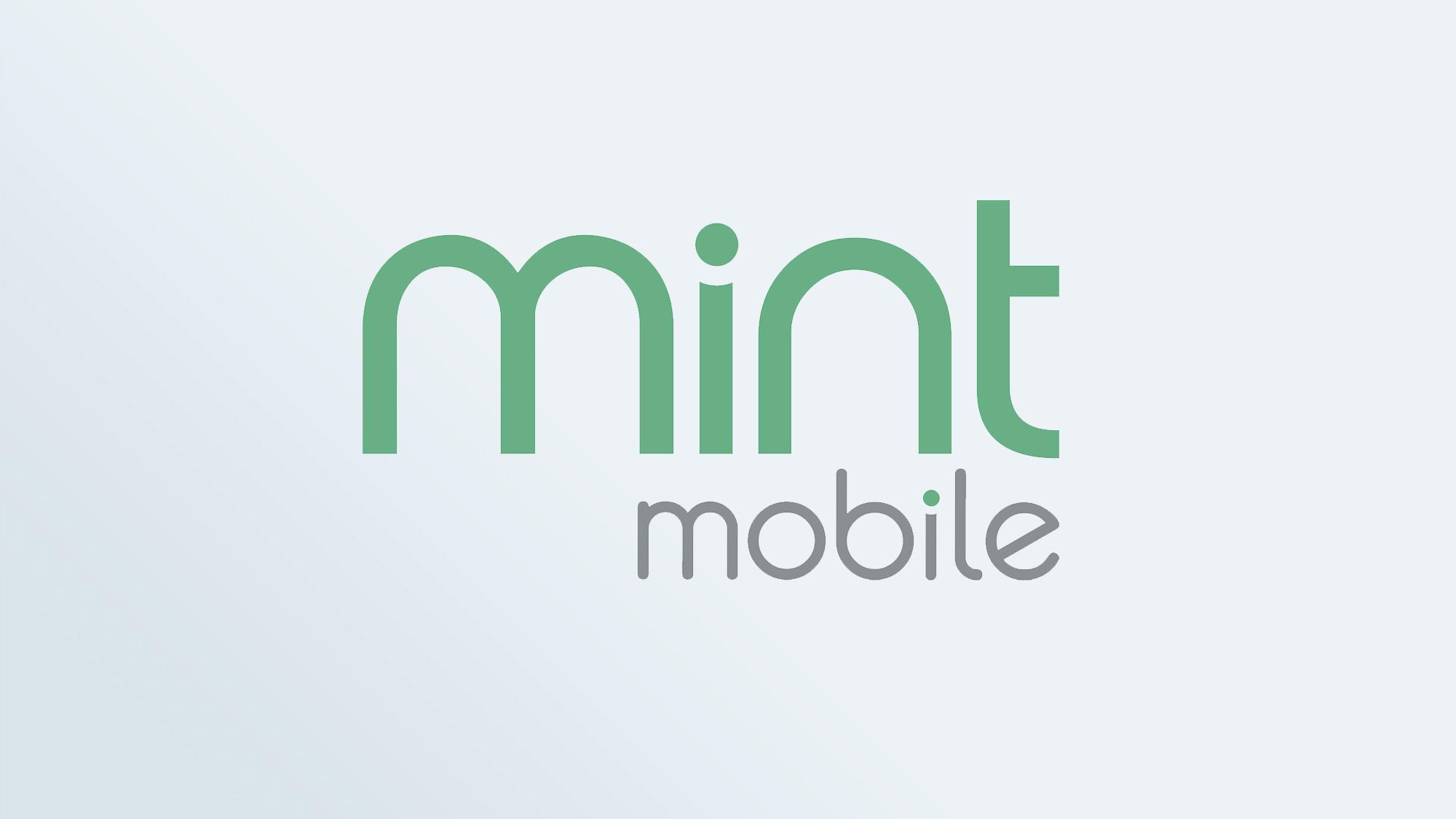
4. Mint Mobile
Specifications
Reasons to buy
Reasons to avoid
Mint Mobile offers some of the lowest rates around, provided you're willing to pay for coverage up front. Mint has a three-month introductory rate for each of its plans — $15/month in the case of the 5GB option, all the way up to $30 for its unlimited data plan. Switch to Mint, and you'll pay for your first three months at that low rate.
At the end of that trial period, you've got a decision to make. If you want Mint's lowest monthly rate, you need to prepay for a full year of service. In the case of the 5GB plan, that's $180 for the lowest rate. The best rate on the unlimited data plan at Mint is $30/month, so you'd pay $360 if you opt for that plan, though right now, a promotion lowers that cost to $25/month, saving you $60 if you commit to a full year of service. We've got a look at the pros and cons of paying for a year of cellular service in advance.
Mint offers family plans, though without the escalating discounts you get as you add more lines. (Parent company T-Mobile does this, for example.) Instead, every plan on the plan is subject to Mint's discounted rate for prepaying for service in advance. You're able to mix and match different plans for each line of data you have — something T-Mobile doesn't offer its family plan customers.
Mint's betting that you'll want to stick with its service, not just for the lower monthly cost, but also because Mint wireless coverage is available via T-Mobile's network. So you should expect fast performance if T-Mobile's coverage is strong in your area. Mint says you'll get 5G or 4G coverage depending on which signal is stronger — assuming you've got a 5G-compatible phone, of course.
Speaking of devices, Mint sells both iPhones and Android handsets, at a wide range of prices. You can also bring your current phone to Mint if you prefer.
Best range of plans
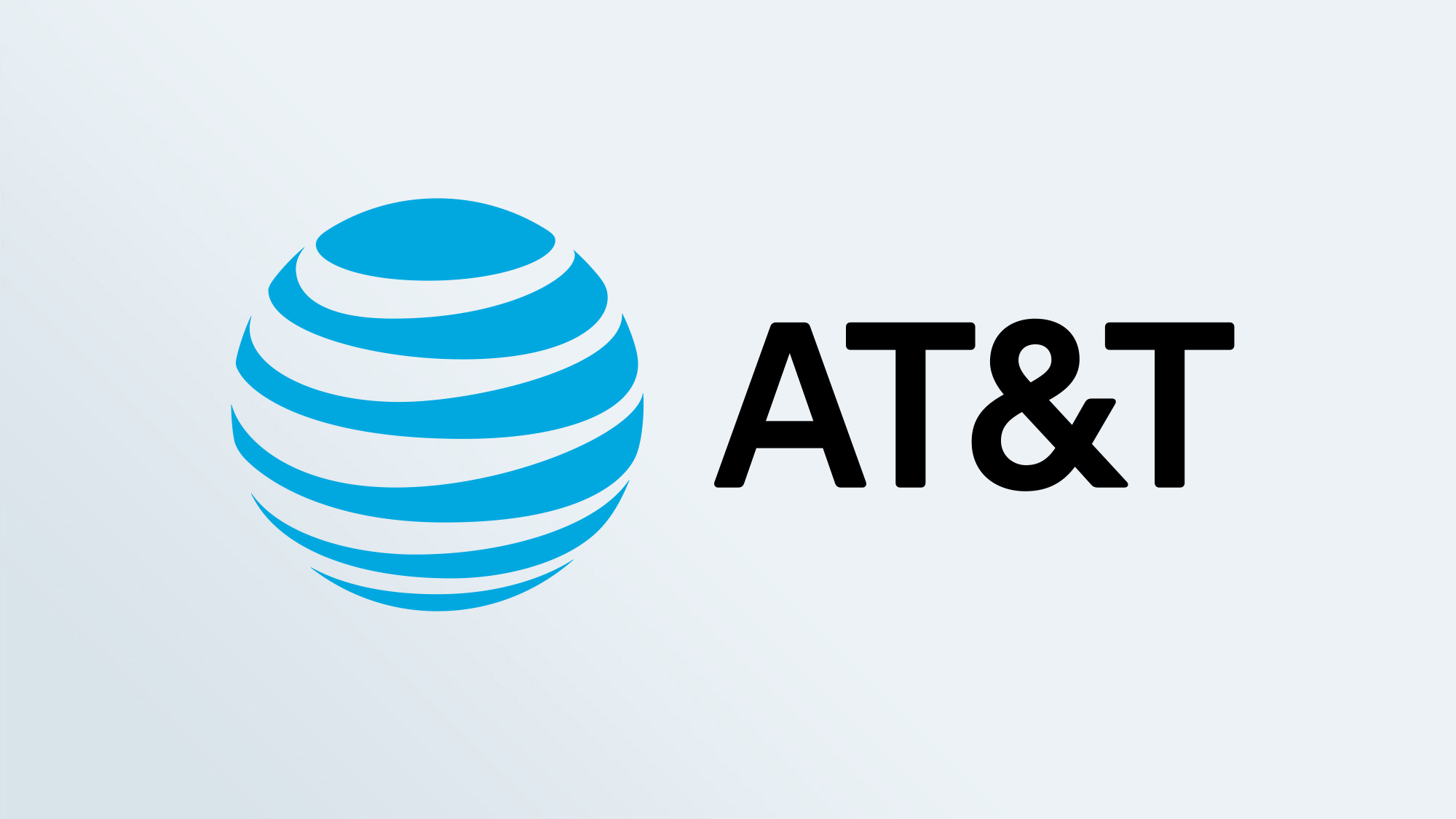
5. AT&T
Specifications
Reasons to buy
Reasons to avoid
AT&T may be one of the Big Three carriers, but it's somewhat easy to overlook this wireless provider, given the size of Verizon's network and the headline-grabbing announcements that come out of T-Mobile. Dig beneath the surface, though, and there's a lot more to AT&T than meets the eye.
Take AT&T's plans, which seem somewhat pricey if you focus on the $86/month Unlimited Premium option. That particular plan has no cap on data consumption, and you can use talk, text and data for free when traveling in 20 Latin American countries. The $76/month Unlimited Extra and $66/month Unlimited Starter plan round out the main offerings, with fewer perks than what Premium users enjoy.
But if you just need one line of data, it's hard to beat the $51/month Value Plus plan. It's free of perks beyond 5G access and the ability to use your plan in Mexico and Canada, but you get unlimited data and 5G coverage for much less than AT&T's other offerings. (Previously, you couldn't add multiple lines of Value Plus at a discount, but now AT&T's website indicates that discounts apply once you add a third line of data.)
AT&T also has some pretty attractive prepaid options, including a deal that gives you unlimited data, with a sizable 16GB cap until your speeds are slowed. To get this plan, you have to pay $300 upfront, but that works out to a rate of $25/month — not bad for that much data. If you don't want to pay upfront, there is a $45/month unlimited data option for prepaid users with a 30GB cap on high speed data.
It should be said that AT&T typically fares well in performance testing. Rootmetrics' rankings for the first half of 2024 put AT&T in first place for fastest coverage and highest call quality. That said, AT&T did slip to second overall in the rankings after sharing first place with Verizon for the latter half of 2023. In addition to low-band 5G spectrum covering 295 million people, 230 million people have access to AT&T's faster mid-band 5G coverage.
Best guaranteed rates on unlimited data
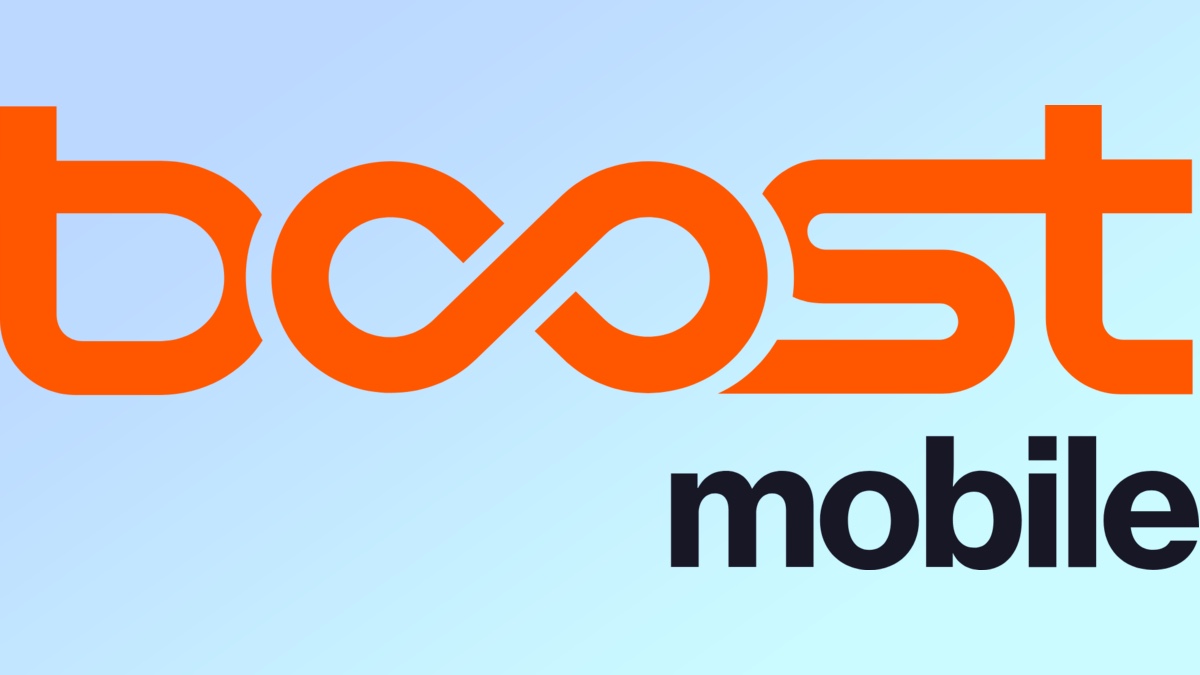
6. Boost Mobile
Specifications
Reasons to buy
Reasons to avoid
Boost wants you to think of it as another nationwide carrier that serve as an alternative to AT&T, T-Mobile and Verizon. And it just might have a point, as the carrier operates its own wireless network and has pushed out some aggressively priced plans to win over new customers.
The most traditional plan at Boost is the $65 Infinite Access offering that delivers unlimited data, with 30GB of that data served up at high speeds. As part of Infinite Access, you get a phone — either an iPhone 16 or a Galaxy S25 — with the ability to upgrade your device annually. That plan will cost you $65/month — about what you'd pay for the cheapest plans at one of the big-name carriers.
Personally, I prefer Boost's discount offerings, highlighted by the carrier's $25/month unlimited plan, which also comes with a 30GB cap on high speed data. Perks are minimal here, but Boost will guarantee that rate stays locked in at $25 for as long as you remain a customer. A current promotion lowers the rate to $15/month for the first three months of service.
Boost has two other unlimited plans with $50 and $60 monthly rates that offer better perks like a higher cap on high-speed data, hotspot data and taxes and fees included in the monthly rate.
As for the Boost network, the carrier mostly relies on its own towers, using coverage from AT&T and T-Mobile to extend its reach to 99% of the U.S. My colleague John Velasco tested Boost's service and found data speeds to be reliable and fast — faster than Visible in the places where he tested. John also found setting up a Boost account to be a breeze, and like me, he finds that $25 lifetime rate on unlimited data to be a big selling point.
Best phone carrier plans compared
Here's a look at the best cell phone plans from each of our best phone carrier recommendations. Remember, we're looking at more than just the cost of the plans when we assess our carrier picks, which is why Verizon — our top choice — heads this list with most expensive unlimited option. We'd note that Verizon has a cheaper unlimited data option, but that its Welcome Plus plan gives you access to its fastest 5G service; you also have the flexibility to add and drop perks as your needs required.
Carrier | Data amount | Monthly cost, one line of data |
Verizon | Unlimited | $80 |
T-Mobile | Unlimited | $75 |
Visible | Unlimited | $35 |
Mint | 5GB | $15 (after $180 annual payment) |
AT&T | Unlimited | $25 (after ($300 annual payment) |
Boost Mobile | Unlimited | $25 |
It's no surprise that Visible and Mint have the cheapest plans on our list, since they are discount carriers who emphasize low-cost service over any perks. While Mint's monthly cost is low, keep in mind that you need to pay for a full year of service up front to get the carrier's best rate. That's also required for the specific AT&T plan we've highlighted here.
Boost Mobile matches the lowest rate at Visible with its $25 unlimited plan, though there aren't many perks with that offering, other than its lifetime price guarantee. Other options at Boost deliver more perks but at higher rates that are more comparable to what you'd pay at AT&T, T-Mobile or Verizon.
T-Mobile's Go5G plan isn't that much cheaper than Verizons, though it has the best perks of any plan on this list, with both travel and streaming service benefits.
Other phone carrier options
We consider many different options when looking for the best phone carriers, and while we're restricting our picks to a half-dozen recommendations, we have come across several other wireless providers in our research who may pique your interest. The following carriers may not be the best choice for everyone, but they do have some appeal to select groups of wireless users who may want to consider options beyond what we've outlined above.
Consumer Cellular
Why you can trust Tom's Guide
Seniors have embraced consumer cellular, and it's easy to understand why. The carrier's plans are straight-forward, and AARP members can count on a 5% discount on their monthly rate. We think Consumer Cellular's most attractive plan is the 10GB option, which costs $35 for a single line, but you can find plans ranging from 1Gb ($20/month) all the way up to unlimited data ($50/month).
The carrier uses both AT&T and T-Mobile for its coverage, so it's likely you'll get good network performance no matter where you are. Consumer Cellular does take some criticism for customer service, but it's generally regarded as any easy service for managing your plan and keeping your cell phone costs low.
Cricket Wireless
Owned by AT&T, Cricket provides a way to benefit from that carrier's network reach without having to pay as much for a monthly plan. As with any MVNO, your data speed with Cricket can slow down if AT&T's network gets congested, but Cricket has long since done away with speed caps on its plans, which make it a far more attractive option than it was a few years ago.
Cricket plans start at $30/month for 5GB of data, with per-line discounts on other plans as you add more lines. Our favorite Cricket option is the carrier's $60/month unlimited plan, as it delivers the kind of perks (15GB of hotspot data and a free subscription to the ad-supported tier of the Max streaming service) you don't normally see from prepaid carriers.
Google Fi
There are two reasons to turn to Google Fi, the wireless service offered by Google that uses T-Mobile's towers to deliver coverage. If you've got a Pixel — one of the Pixel 9 flagships, say, or you're picking up a new Pixel 9a — those phones are optimized to run more efficiently on Google Fi. (That said, any device is compatible with Google's wireless service, including iPhones.)
The other appeal to Google Fi involves travel. If you head overseas a fair better, it's easy to use your Google Fi data plan just like you would at home. Either the $65 Unlimited Plus plan or Google Fi's By the Gig option ($20 for talk and text, plus $10 for each gigabyte of data you use) works in 200-plus countries at no additional charge. A third Google Fi plan — the $50 unlimited option — doesn't include this benefit, so choose your plan accordingly.
See Google Fi plans
Xfinity Mobile
If you get your internet service from Comcast's Xfinity brand — and given the reach of Xfinity, it's a good bet you do — you might want to consider bundling your wireless service too through Xfinity Mobile. Unlimited plans start at $40/month — more than what Visible and Mint charge — but you can add more lines for $20 each. That means a family of four pays $100 total, or $25 per line.
Xfinity relies on Verizon's network for its coverage, including 5G, with Xfinity mobile hotspots augmenting those cellular towers. Xfinity sells a mix of current flagships, and lets your bring your own device to its service if you prefer.
What to look for when choosing a phone carrier
The first thing to consider when determining the best phone carrier for your needs is to figure out who has the best coverage in your area. Concentrate on the places where you spend a lot of time and need cell phone service, such as your home, office and frequent hangouts. Our network performance testing looks at download speeds in select cities, and third-party testing can give you an idea of how networks perform on average. But to truly get a picture of local network coverage, you'll need to ask friends and family about their experience.
If you're comfortable looking beyond one of the major cell phone providers, you can always try a discount carrier. These MVNOs turn to the larger networks to provide cellular service, so be sure to find out which network a discount carrier uses to make sure it's one that provides good service to where you live and work.
Once you've figured out which phone carriers offer the best coverage in your areas, look at plans and pricing. You'll need to figure out how much data you need — whether an unlimited plan is required or if you can opt for a cheaper plan with tiered data. We've analyzed the best cell phone plans overall to help you find one that fits your needs.

One other thing to consider when picking carriers is perks that come included with a monthly streaming service subscription. You'll find more of these with larger carriers, while discount carriers and prepaid cellular service tends to skimp on the extras. Besides streaming services, Popular perks include high-speed hotspot data and the ability to use your plan while traveling overseas.
How we test phone carriers
We've previously tested network performance by heading out to eight US cities and running Ookla's Speedtest app to measure download speeds. For real-world testing, we download a sizable app off of Google Play and time how fast it takes to get the app on a smartphone. The coronavirus pandemic impacted our ability to travel in recent years, so we've placed a great weight on network performance reports from third-party firms including RootMetrics, Opensignal and Ookla.
Below, you'll see a round-up of the most recent data from each third-party testing firm, with the median download speed recorded for each of the three major carriers. (MVNO customers can expect speeds similar to that of their parent network, with the caveat that an MVNO's speeds might be slowed down if a network is congested.)
| Row 0 - Cell 0 | Ookla (5G) | Opensignal (5G) | RootMetrics (5G + LTE) |
AT&T | 131.6 Mbps | 155.1 Mbps | 147.2 Mbps |
T-Mobile | 228.2 Mbps | 238.3 Mbps | 350.9Mbps |
Verizon | 191.6 Mpbs | 136.5 Mbps | 152.2 Mbps |
Period tested | 4Q, 2024 | January 2025 | 2H, 2024 |
We continuously review cell phone plans to compare how much data each carrier offers and how unlimited plans vary at each provider. We also look at the best prepaid phone plans, including extras you have to give up for the lower price to evaluate whether those are good deals or not.
We've done customer support testing in the past where we contact carriers incognito to ask them questions both about their service as well as phones they offer. We conduct this undercover testing both over the phone and through social media support accounts on Twitter and Facebook.
Finally, we make a note of the different perks that are available through each carrier, whether it's plan add-ons like streaming services and hotspot data, regular giveaways or the ability to use data when traveling in other countries.
Sign up to get the BEST of Tom's Guide direct to your inbox.
Get instant access to breaking news, the hottest reviews, great deals and helpful tips.
Philip Michaels is a Managing Editor at Tom's Guide. He's been covering personal technology since 1999 and was in the building when Steve Jobs showed off the iPhone for the first time. He's been evaluating smartphones since that first iPhone debuted in 2007, and he's been following phone carriers and smartphone plans since 2015. He has strong opinions about Apple, the Oakland Athletics, old movies and proper butchery techniques. Follow him at @PhilipMichaels.

